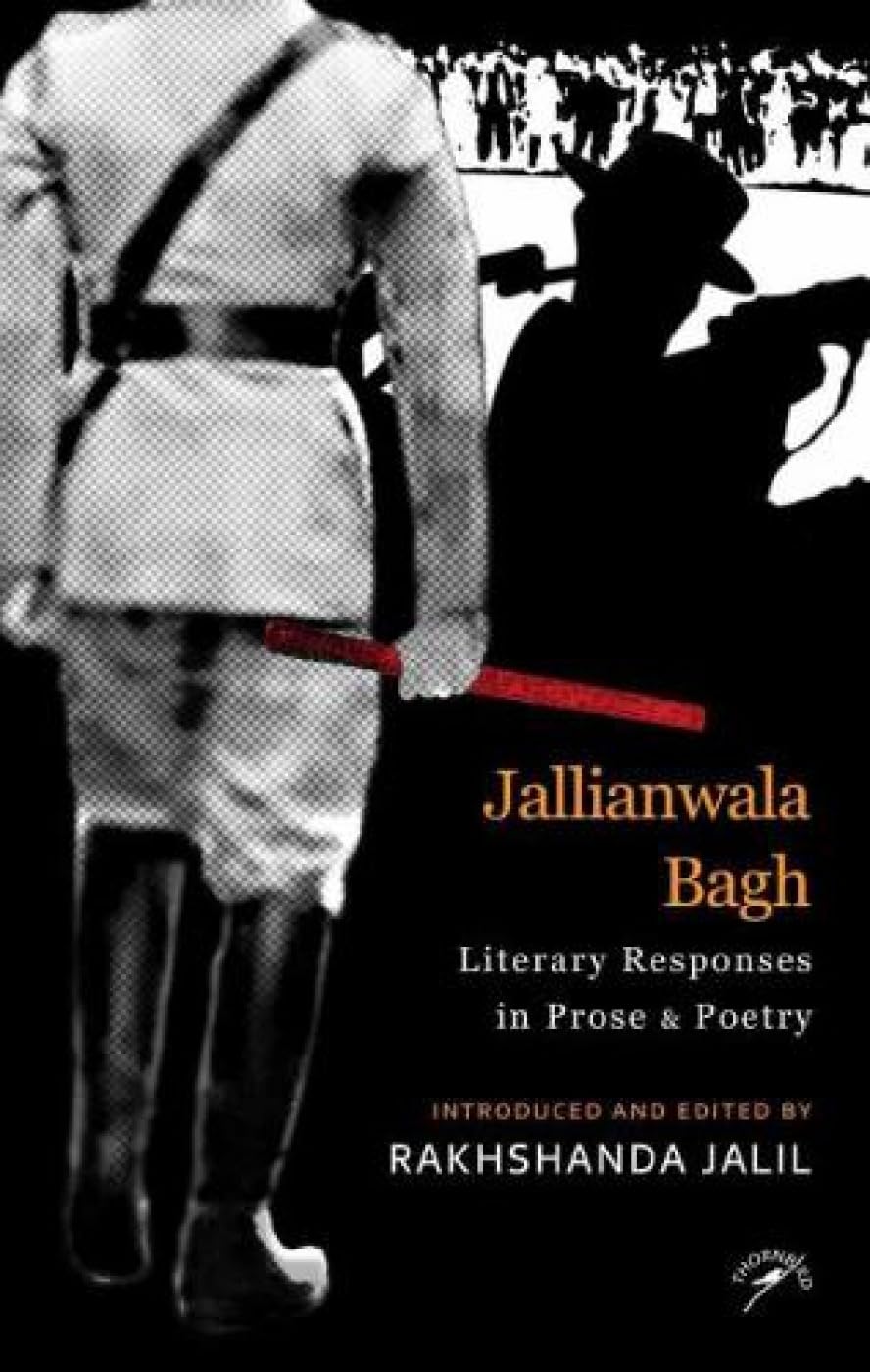Jallianwala Bagh: Literary Responses in Prose & Poetry
Jallianwala Bagh: Literary Responses in Prose & Poetry is backordered and will ship as soon as it is back in stock.
Couldn't load pickup availability
Genuine Products Guarantee
Genuine Products Guarantee
We guarantee 100% genuine products, and if proven otherwise, we will compensate you with 10 times the product's cost.
Delivery and Shipping
Delivery and Shipping
Products are generally ready for dispatch within 1 day and typically reach you in 3 to 5 days.
Book Details
-
Publisher: Niyogi Books Private Limited (Under the Imprint: Thornbird)
-
Author: Rakhshanda Jalil
-
Language: English
-
Edition: First Edition
-
ISBN: 9789386906922
-
Pages: 228
-
Binding: Hardcover
-
Dimensions: 8.8 x 5.9 x 0.7 inches
About the Book
Jallianwala Bagh: The Massacre and Its Aftermath by Rakhshanda Jalil delves into one of the most tragic and pivotal moments in India’s struggle for independence—the Jallianwala Bagh massacre. This horrific event, where over a thousand unarmed civilians were gunned down in just ten minutes, is a haunting chapter in the history of colonial India. The cold-blooded brutality of 1650 rounds being fired into a peaceful gathering, the deliberate blocking of exits, and the denial of medical aid to the injured are acts that continue to disturb the collective memory.
Through a carefully selected compilation of prose and poetry, Jalil reflects on the massacre’s profound impact. The literary works chosen for this volume not only capture the immediate aftermath of the event but also offer a lens through which we can explore its historical significance and the emotional toll it took on the nation. The book presents literature as a means to interpret, reflect on, and analyze events of monumental importance, demonstrating the role of creative writing in shaping popular memory.
Featuring writings from some of India’s most renowned authors, including Saadat Hasan Manto, Mulk Raj Anand, Krishna Chander, and Sarojini Naidu, the collection reveals the deep emotional and political currents that flowed in the wake of the massacre. Through their works, these literary giants help readers see history not only as a series of events but as a deeply human experience that can be felt, understood, and transformed through the written word.
This volume provides an invaluable resource for anyone seeking to understand the cultural and emotional resonance of the Jallianwala Bagh massacre. It also offers a unique opportunity for further research into the ways in which literature interprets and immortalizes key historical moments.





